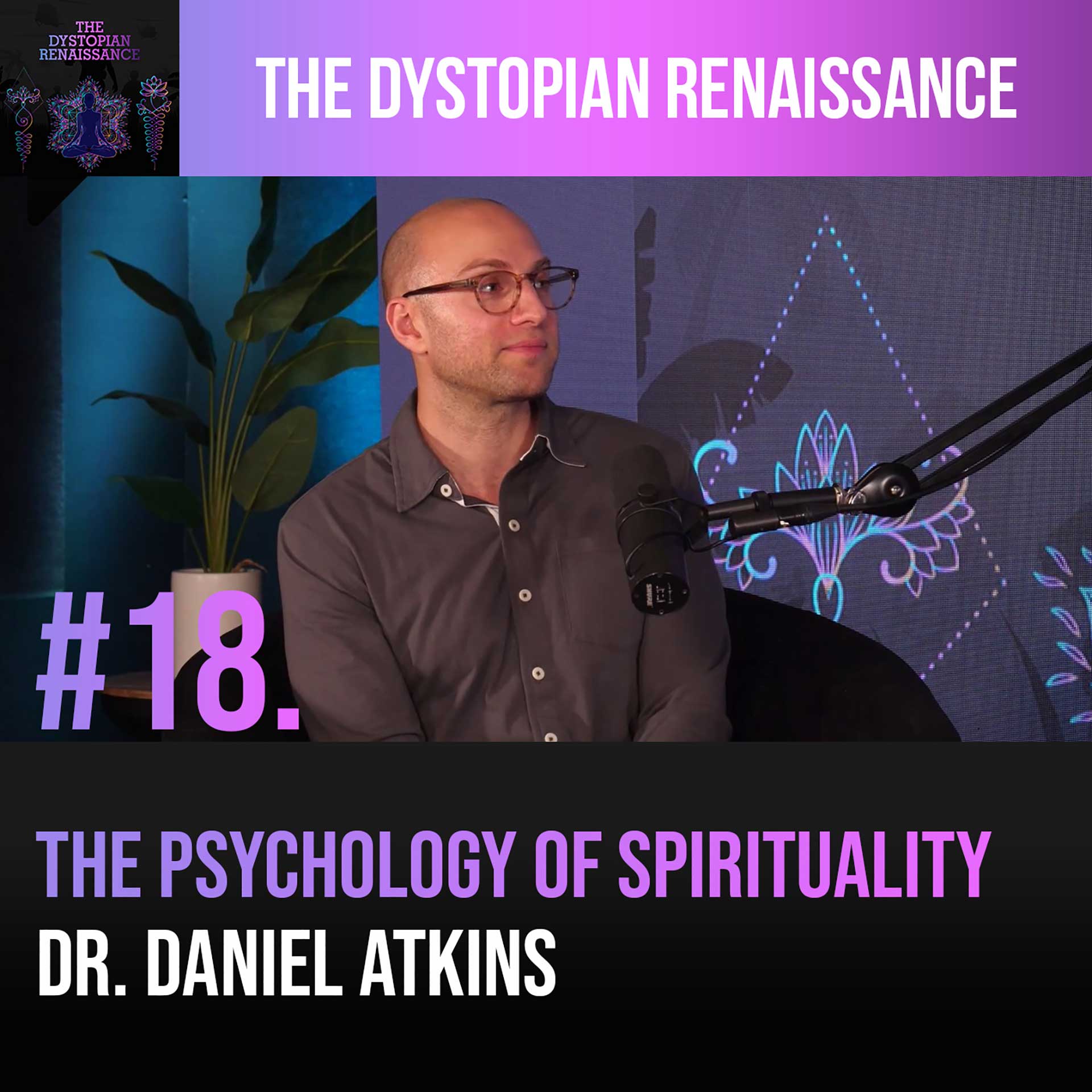“The highest service you can offer is to be the light within yourself.” – Dr. Daniel Atkins, an intuitive psychologist who serves as a guide to releasing the lineages and layers of trauma people carry.
In moments of profound challenge or upheaval, people often find themselves yearning for something beyond conventional solutions. Whether grappling with personal struggles like hitting rock bottom, escaping a toxic relationship, or facing professional setbacks, the quest for deeper meaning becomes palpable. It is in these vulnerable moments that the psychology of spirituality emerges as a guiding force. Rather than turning to conventional advice or typical remedies, individuals embark on a journey of self-discovery, seeking the elusive qualities of freedom, happiness, peace, and healing. This pursuit of a more profound understanding of the self and the universe marks the beginning of a transformative awakening for many.
How the mind and body work
The mind and body operate in tandem, influencing each other in a dynamic dance. The mind encompasses thoughts, emotions, and consciousness, while the body involves the physical aspects. Neurotransmitters in the brain transmit signals, affecting mood and cognition. Emotions, like happiness or stress, impact the body, influencing heart rate and hormone levels. This intricate connection underscores the mind-body relationship.
In the context of spirituality, this alliance becomes crucial. Practices like meditation or prayer engage both the mental and physical world, promoting holistic well-being. Scientifically, these practices correlate with reduced stress and enhanced mental health. The mind-body connection thus serves as a bridge to understanding the profound impact of spirituality on mental and physical health.
How trauma affects our personality
“We don’t come to this world blank slates. The traumas we have experienced in early life are likely re-enactments of some ancestral lineage.” – Dr. Daniel Atkins.
Trauma can significantly impact our personality, leading to heightened sensitivity. When individuals experience trauma, their emotional responses may intensify, causing them to become more reactive to various stimuli. This heightened sensitivity can manifest in increased emotional reactions to everyday events, making it challenging to navigate daily life.
Moreover, trauma can influence the way individuals perceive and trust others. Those who have undergone traumatic experiences may develop a heightened awareness of potential threats, leading to increased vigilance and guardedness in relationships. This can impact their ability to connect with others on a deep emotional level, as trust becomes a complex and delicate matter.
Furthermore, trauma may contribute to the development of defense mechanisms as a way to cope with overwhelming emotions. Individuals may adopt strategies such as avoidance or dissociation to protect themselves from the painful memories associated with trauma. These coping mechanisms can shape one’s personality, influencing behavior and interpersonal relationships.
In essence, the impact of trauma on personality involves an increased sensitivity to emotions, altered perceptions of trust, and the adoption of defense mechanisms to navigate the challenges posed by the aftermath of traumatic experiences. Understanding these dynamics is crucial in exploring the broader intersection of psychology and spirituality
Using emotions as energy source materials
Harnessing emotions as energy sources is a unique aspect of the psychology of spirituality. This concept suggests that emotions, such as joy or gratitude, can be transformed into a source of personal energy. Essentially, it emphasizes the idea that positive emotions can fuel spiritual growth and well-being. When individuals consciously channel their emotions, they may experience a heightened sense of connection to a higher purpose or inner self. Emotional energy can be utilized for spiritual development and a more fulfilling life. By understanding and actively engaging with one’s emotions, individuals may tap into a profound source of inner strength, fostering a positive and spiritually enriching journey.
Spiritual awakening
Spiritual awakening, a crucial aspect in the psychology of spirituality, often emerges from challenging life experiences. It typically follows a period of hardship or profound struggle, pushing individuals to seek a more profound meaning in their lives. This awakening is a compelling inner journey triggered by a longing for deeper fulfillment and understanding. It arises from a desire for freedom, happiness, peace, and healing after hitting rock bottom. Individuals undergoing spiritual awakening often question their beliefs, values, and purpose, seeking a higher connection with themselves and the world around them. This transformative process is characterized by a profound shift in consciousness, leading to a more expansive and meaningful understanding of life.
Can we change our course after the initial awakening?
“None of us is immune from the human experience, which is about change and growth.” – Dr. Daniel Atkins.
Yes. New information, insights, and perspectives gained during this awakening can steer us toward transformative change. Armed with a heightened awareness, individuals can make conscious choices to reshape their lives, embracing a journey of continuous spiritual growth. The initial awakening is not a fixed point but a starting line, offering the potential for ongoing evolution and enlightenment. The psychology of spirituality, therefore, involves not only the recognition of a spiritual awakening but also the dynamic process of navigating its course towards sustained personal and spiritual development.
Conclusion
In conclusion, understanding the interplay between psychology and spirituality can offer valuable insights into how individuals find comfort, cope with challenges, and cultivate a sense of inner peace. Whether through prayer, meditation, or a sense of connection to something greater, exploring the psychology of spirituality sheds light on the intricate ways our minds navigate the journey of life, seeking understanding and fulfillment.

